On August 08, 1588 in Celtic History
The spanish armada is defeated by the english, with some spaniards slain upon reaching the coasts of ireland and some survivors remaining
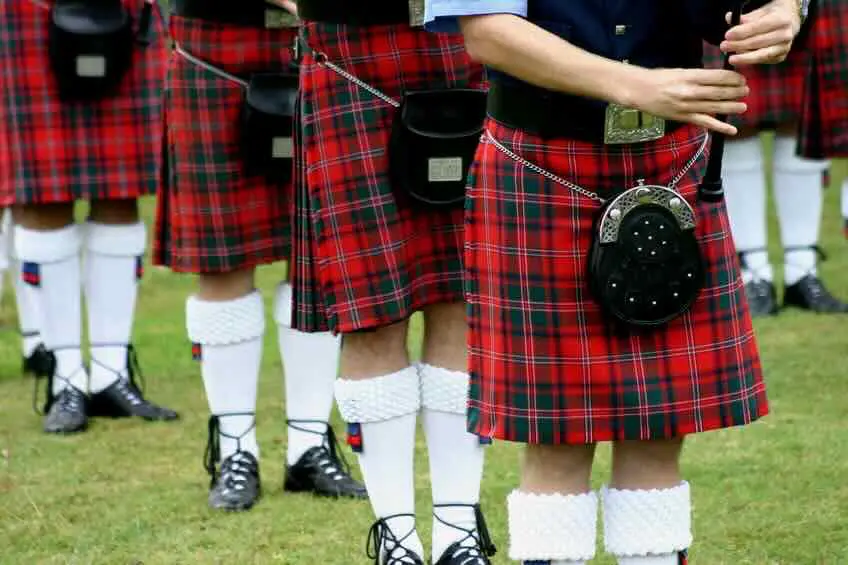
The defeat of the Spanish Armada in 1588 by the English navy is one of the most famous events in European history. The Armada’s mission was to invade England and overthrow Queen Elizabeth I, but it ended in disaster for Spain. After their defeat, many ships from the Armada were wrecked on the coasts of Ireland as they attempted to return to Spain by sailing around the British Isles. Some of the Spanish sailors who reached the Irish coast were killed, while others survived and were integrated into Irish communities.
Background
- The Spanish Armada: The Spanish Armada was a large fleet sent by King Philip II of Spain in 1588 with the goal of overthrowing Queen Elizabeth I and re-establishing Catholicism in England. The fleet consisted of about 130 ships, carrying 30,000 men. However, the English navy, commanded by Sir Francis Drake and Lord Charles Howard, managed to outmaneuver and heavily damage the Armada in a series of engagements in the English Channel.
- Weather and Strategic Failure: After the naval battles, the Armada was forced to retreat northward, around Scotland and Ireland, to return to Spain. The fleet encountered severe storms, and many ships were wrecked on the coasts of Ireland and Scotland.
The Fate of the Armada in Ireland
- Wrecks on the Irish Coast: As the Armada attempted to sail around the west coast of Ireland, it encountered treacherous weather conditions. At least 24 Spanish ships were wrecked along the Irish coast, particularly along the western and northwestern shores, including in Counties Donegal, Sligo, Mayo, Galway, and Clare.
- Spanish Survivors: Some of the Spanish sailors who made it to the Irish shores were killed by English forces or local inhabitants, who were under orders to do so by the English Crown, fearing that these survivors might stir up rebellion or join forces with the Irish against English rule. In some cases, however, survivors were taken in by local Irish lords, who were sympathetic to the Spanish cause due to shared Catholic faith and opposition to English rule.
- Survivors Integrated into Irish Society: A small number of Spanish survivors managed to integrate into Irish society, often by marrying into local families or becoming part of the local population. Their descendants are sometimes cited as part of the legacy of the Spanish Armada in Ireland.
Impact and Legacy
- Strategic and Political Impact: The defeat of the Spanish Armada marked a significant turning point in the conflict between Spain and England. It solidified England’s naval supremacy and bolstered the reputation of Queen Elizabeth I. For Spain, the defeat was a major blow to its prestige and military power, although it remained a dominant European power for several more decades.
- Cultural Legacy: The story of the Spanish Armada’s defeat and the subsequent events in Ireland became part of the folklore of the regions where the ships were wrecked. The presence of Spanish artifacts, such as weapons and coins, in these areas serves as a reminder of this dramatic episode.
- Relations Between Spain and Ireland: The events of 1588 further strengthened the historical ties between Spain and Ireland. Many Irish people viewed the Spanish as potential allies against English rule, a sentiment that would continue into the 17th century during the Nine Years’ War and beyond.
The defeat of the Spanish Armada and the subsequent fate of its survivors on the coasts of Ireland is a story of both tragedy and survival, with a lasting legacy in the history and culture of Ireland and Europe. The wrecks of the Armada off the Irish coast and the stories of those who survived continue to capture the imagination and remain an important part of Irish historical memory.
More From This Day
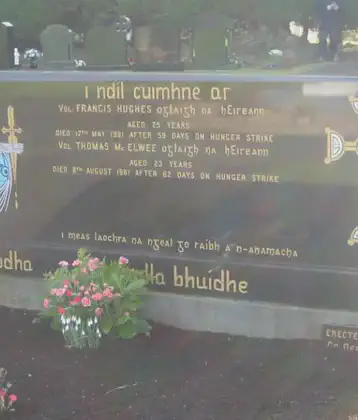
Thomas McElwee, Irish polictical prisoner, dies on hunger strike in Maze prison, Northern Ireland.
August 08, 1981
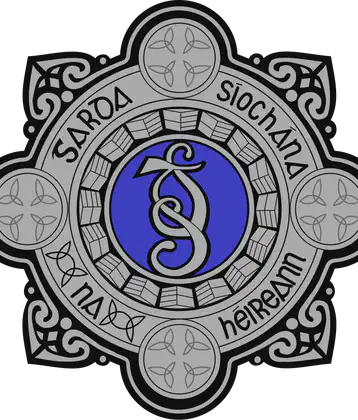
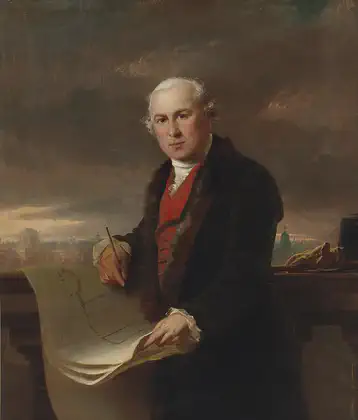
James Gandon moves from London to Dublin; the first stone of his Customs House is laid on this date
August 08, 1781

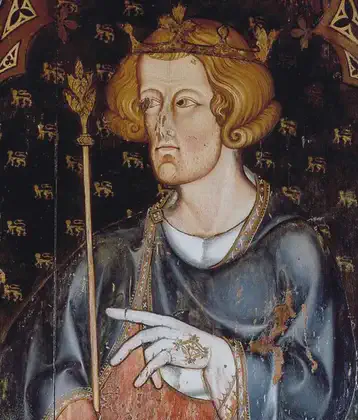
King Edward I removed to England the Stone of Destiny on which generations of Scottish kings had been crowned.
August 08, 1296
